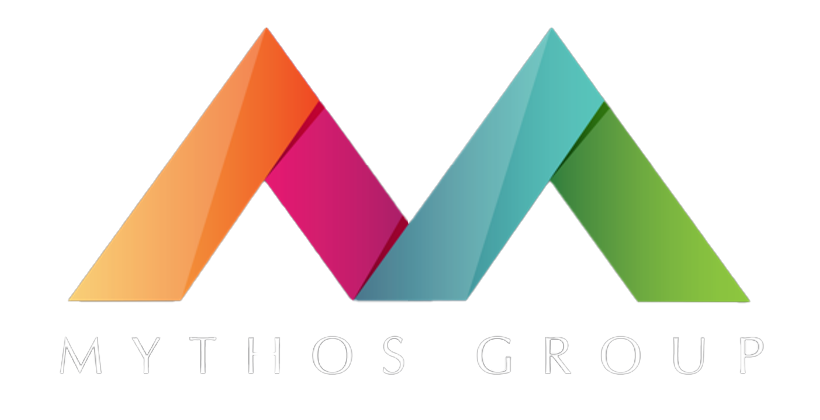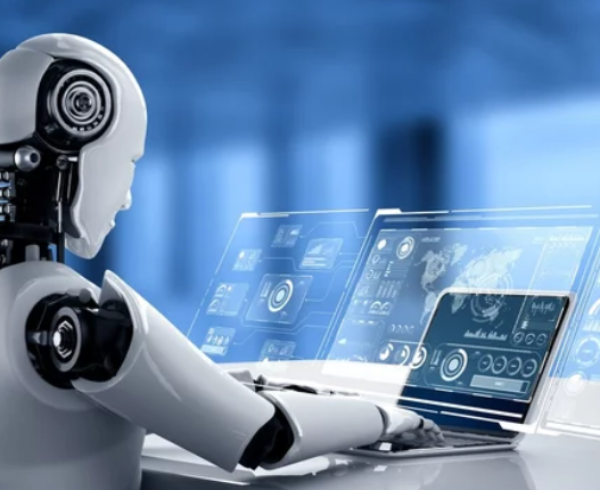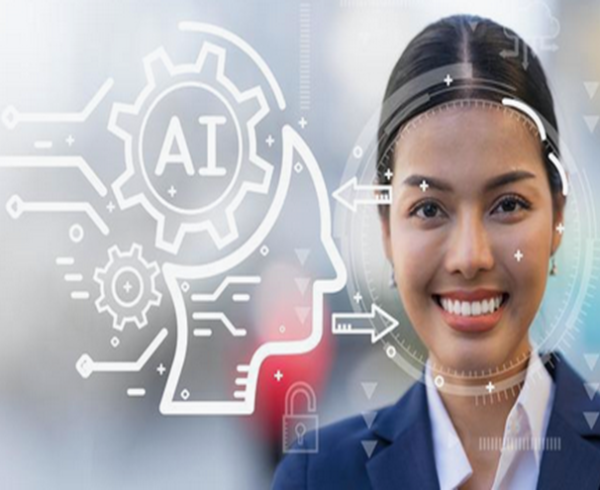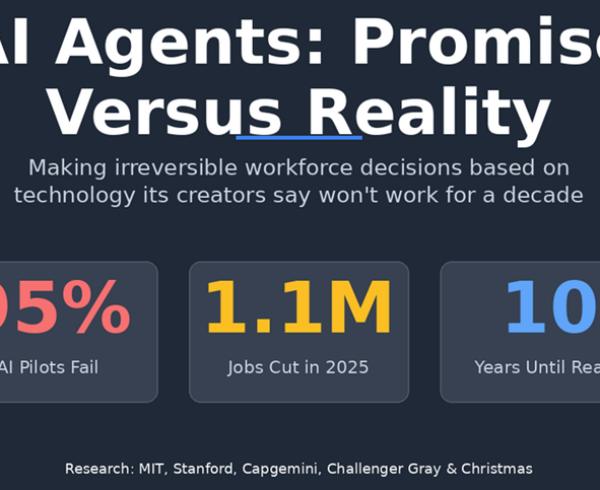Workflow automation and digitization refers to the use of software and other digital technologies to reduce (or eliminate) the number of manual tasks within the workplace. Generally speaking, this aims to boost corporate efficiency in a variety of ways, including:
- Transferring data between platforms.
- Sending messages to internal employees.
- Creating and sending out calendar events.
- Distributing workload based on volume and time.
- Creating documents, like sales contracts, to send out for signatures.
Because automation reduces costs, saves time and escalates efficiency, companies should consider how they can implement it throughout their organizations. By embedding workflow automation within everyday operations, companies ensure their employees are not bogged down by excessive (and now unnecessary) workloads. As a result, the overall employee experience is elevated, and space is freed up to implement other emerging workplace trends.
HSBC, a banking and financial organization, is a prime example of this. The managerial team wanted to improve workplace performance, boost productivity and enhance customer experience. To do so, they implemented intelligent automation strategies (like integration and data mapping) throughout the company. These strategies alleviated the burdens of many administrative tasks, which allowed employees to shift their focus to boosting the overall customer experience.
With so many organizations going to a flexible work model such as hybrid, remote or hub-and-spoke, they will be increasingly using technology to take on the roles that have traditionally fallen to onsite HR managers. According to Gartner, 16% of employers are using technologies more frequently to monitor their employees through methods such as virtual clocking in and out, tracking work computer usage and monitoring employee emails, chat and other internal communications. While some companies use this technology to track productivity, others monitor employee engagement and well-being to better understand employee experience and workplace culture.
It’s undeniable that COVID-19 supercharged the adoption of automation and digitization. A survey by Deloitte polled 441 executives and found that the number of organizations deploying automation at scale has tripled from 2018 to 2020. According to the study, 68% of business leaders used automation to manage work during the coronavirus pandemic. In addition, a study done by Bain research revealed that 80% of companies are working on automating their businesses even more post-pandemic.
Furthermore, workers (especially younger ones) actually like the move to automation. A survey by the automation company Nintex found that out of 1,000 employees polled, 55% of Gen Z employees “want to improve their work experiences with automation and productivity software.” Other research from New York City-based Robotic Process Automation (RPA) software company, UiPath, indicates that C-level enterprise executives and senior managers are trying to ensure that their employees – even non-technical employees – have automation and AI skills. When choosing between two similarly qualified candidates, 73% will pick the candidate that possesses those skills even if their position doesn’t specifically require them.
The healthcare industry is also an area where digitization and digitalization are proving to be transformational. During the pandemic, healthcare facilities implemented software solutions to expedite information to and from their patients, doctors, labs and public health entities. Paul Matthews, Chief Technology Officer, OCHIN, Portland, Oregon explains, “Our implementation of Electronic case reporting (eCR) improved the quality and timeliness of public health reporting for COVID-19 across the 19 states we serve.” Healthcare administrators will increasingly utilize these types of electronic health records (EHRs) and software to improve the interoperability of data, enabling computer systems to exchange and make use of data in real time.
Another industry that’s undergoing a digital transformation is retail. This transformation was well underway before the pandemic, but the mandated lockdowns and social distancing took digitization out of the realm of innovation and into the realm of survival for brick-and-mortar retailers. Those businesses that were able to quickly pivot to online sales, were able to weather the storm. However, we’re seeing that digitization has not only enhanced the online shopping experience, but as stores reopen, it’s enhanced the in-store shopping experience as well. For example, according to Forbes, Amazon is partnering with The Americana Brand to give shoppers a high-tech experience that includes digital search for specific styles and sizes and automated delivery of items to interactive fitting rooms.
Is your organization ready for a digital transformation of its own? If so, contact us. We can work with you to implement seamless transformations that can propel your company’s digital capabilities into the future and beyond.







